Everything costs more these days, and it can be hard to make your paycheck go as far as it used to. Buying a car with a $500 Down On A Car No Credit Check is a financing option. Luckily, many no-credit dealerships are ready to make a deal, and if you have as little as a $500 down payment, you can get a car.
Our team will empower you with insider knowledge for navigating this tricky terrain. We’ll make sure it’s the right move for you.
With this complete guide, we will explain the pros, cons, and real deal on $500 Down On A Car No Credit Check.
Let’s get started with the guide – here is your dream car waiting for you!
$500 Down On A Car No Credit Check
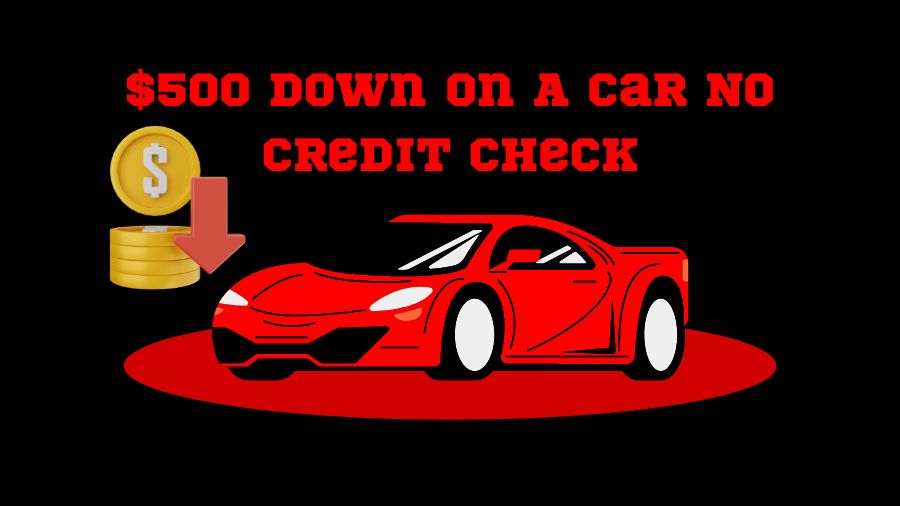
Purchasing a car with a $500 Down On A Car No Credit Check is often an option at dealerships specializing in working with individuals with poor or no credit history, typically known as “Buy Here Pay Here” (BHPH) lots. These dealerships offer in-house financing, which doesn’t require a credit check, making it easier to get approved.
However, this convenience comes with higher interest rates and potentially higher overall costs. The low down payment can make it accessible but may result in higher monthly payments. It’s important to be cautious, as the terms might include strict policies on late payments and repossession, and the cars available may need to be in better condition.
Additionally, payments may not be reported to credit bureaus, so your loan won’t help build your credit score. Before committing, it’s wise to consider all your options, including saving for a bigger down payment or improving your credit score for better financing terms.
You can get Credit Cards with $500 Limit Guaranteed Approval if you do not have sufficient funds or have bad credit. It can help you improve your credit score and increase your chances of getting a car loan. Many credit cards offer No Credit Check Credit Cards Instant Approval No Deposit, even to people with poor credit histories. You can use that credit card to improve you credit score.
What is No Credit Check Car Financing?
No credit check car financing is a loan offered to purchase a car where the lender needs to check your credit history or score before approving the loan. This kind of financing is particularly appealing if you have poor credit or no credit history, as it bypasses the usual credit scrutiny that can prevent approval for traditional loans.
How Does No Credit Check Car Financing Work?
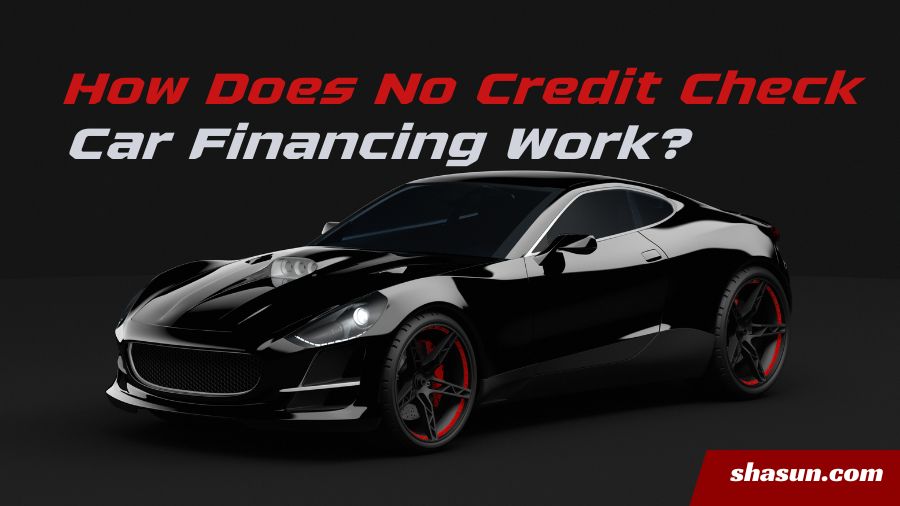
Application Process: You apply for financing directly through a dealership or lender specializing in no-credit-check financing. The application process may focus more on your income and employment stability than your credit history.
Income Verification: Instead of checking your credit, the lender will likely require proof of income to ensure you have the means to make your monthly payments. It could include recent pay stubs or tax returns.
Approval and Terms: If approved, the lender will offer you terms for the loan, including the interest rate, monthly payment amount, and the loan duration. These terms are often less favorable than loans requiring a credit check, meaning higher interest rates and potentially higher monthly payments.
Vehicle Selection: Once approved, you can select a vehicle within the financing limits the lender sets. These vehicles may vary in terms of type, age, and condition.
Down Payment: You might be required to make a down payment, which could be a fixed amount or a percentage of the car’s price. A higher down payment can reduce your monthly payments and the total interest paid over the life of the loan.
Repayment: You’ll make monthly payments to the lender or dealership for the duration of the loan. Making these payments on time is important to avoid any penalties, additional fees, or vehicle repossession.
Interest Rates and Fees: Interest rates for no credit check car financing are typically higher than those for traditional loans due to the higher risk the lender takes by not checking the credit history. Be mindful of any additional fees or costs associated with the loan.
Impact on Credit: Some no-credit-check lenders may not report your payment history to credit bureaus, meaning your loan won’t help build or improve your credit score. However, consistent, timely payments can positively affect your credit score if they do report.
In summary, no credit check car financing offers an opportunity for individuals with poor or no credit to purchase a vehicle. Still, it comes with higher costs and requires careful consideration of the terms and conditions.
How to Apply for $500 Down On A Car, No Credit Check
Applying for a $500 Down On A Car No Credit Check is a financing option for individuals who may not qualify for traditional car loans due to poor or nonexistent credit history. This type of financing is typically offered by dealerships specializing in “Buy Here Pay Here” (BHPH) arrangements or through lenders focusing on high-risk loans.
The appeal of this financing option lies in its minimal upfront cost and the absence of a credit check, making it accessible to a wider range of buyers. However, it’s crucial to understand that these deals might come with higher interest rates and more stringent repayment terms to offset the lender’s risk.
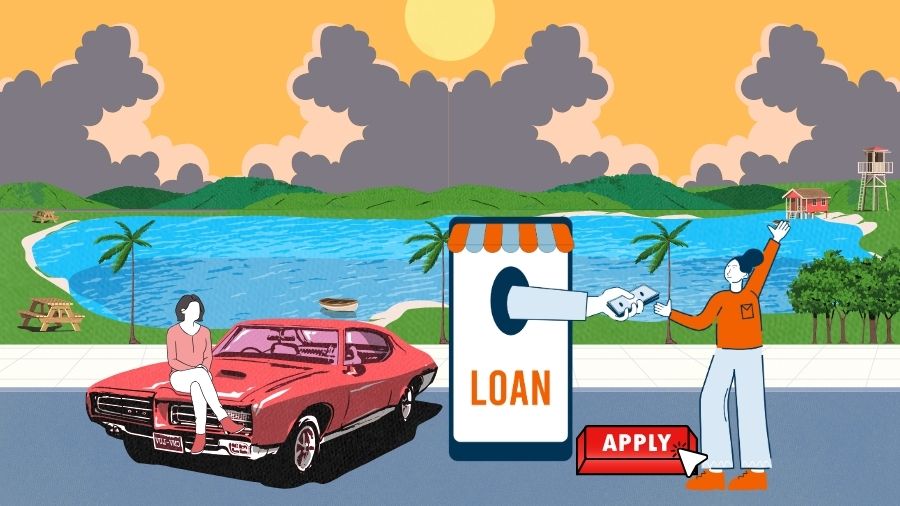
Steps to Apply for $500 Down On A Car, No Credit Check
- Research Dealerships and Lenders: Search online for dealerships or lenders that offer $500 down on a car with no credit check. Include keywords such as “no credit check car financing” or “buy here pay here dealerships” along with your location to find nearby options.
- Check Eligibility Criteria: Review the eligibility criteria on the lender’s or dealership’s website before applying. Ensure you meet the requirements, such as minimum income levels, residency, or employment stability.
- Gather Necessary Documentation: Prepare the necessary documents typically required for the application. It may include proof of income (like pay stubs), proof of residence (such as a utility bill), personal identification, and possibly references.
- Contact the Dealership or Lender: Reach out to the selected dealership or lender through their online contact form, email, or phone. Express interest in the $500 down, no credit check financing option, and inquire about the next steps.
- Visit in Person (if required): Some dealerships may require you to visit in Person to view the available vehicles, discuss financing options, and finalize the application process. Schedule a visit if necessary.
- Review and Understand the Terms: Before signing any agreement, carefully review the financing terms, including the interest rate, monthly payment, loan duration, and any penalties for late payments. Ensure you fully understand and agree to the terms.
- Finalize the Deal: Once you’re satisfied with the terms and have chosen a vehicle, you can finalize the deal by signing the financing agreement and making the $500 down payment.
- Confirm Payment Reporting: If building or improving your credit score is a goal, confirm with the dealership or lender whether they report your payment history to the credit bureaus. Not all do, but it can be beneficial if they do.
By following these steps and doing thorough research, you can navigate the process of applying for $500 Down On A Car No Credit Check more effectively and ensure that you get a deal that suits your financial situation.
If you addicted to the online shopping check our Best Online Shopping Sites with Credit Lines for you!!!
Benefits of Buying $500 Down On A Car No Credit Check
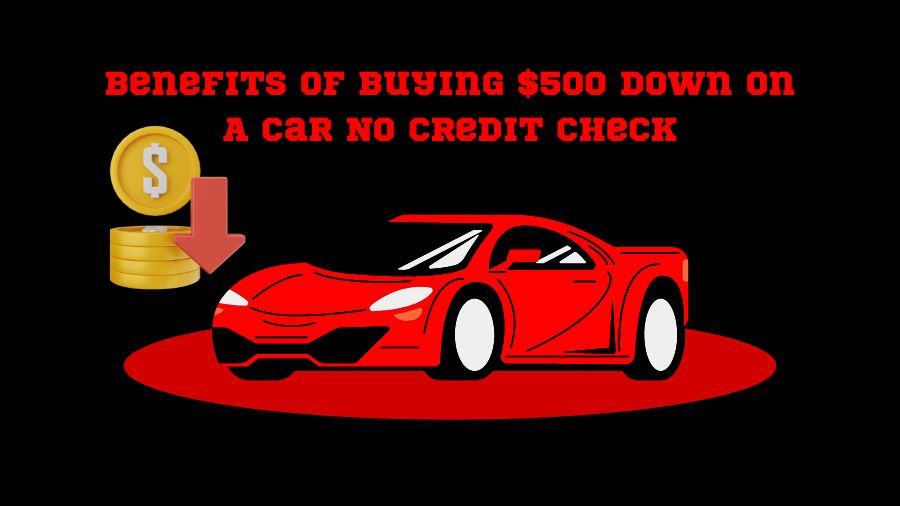
If you have a credit score below 640, you’re not alone. Experian reports that the average credit score is only 714 these days. Do you need help with your credit score, or even if you even have one?
You may be better off than you thought if you check your credit score online. Or not. Either way, unless your credit score is something to write home about, having a no-credit-check option can be very helpful.
With no credit check and an uncertain economy, $500 down today goes much further than it did just months ago, despite no credit check. As a result of the issues that caused new and used car prices to skyrocket, your down payment has a stronger impact today—which means used car prices are falling.
Getting into the car shopping mood should be easy with a low down payment, competitive interest rates, and shrinking price stickers, but there’s more!
With a $500 down payment, you can get a reliable, quality vehicle and rebuild your credit simultaneously.
Pros and Cons of $500 Down on a Car with No Credit Check
Securing a car with just $500 Down On A Car No Credit Check offers a unique opportunity for those with limited credit options, providing a path to ownership where traditional financing might not. While beneficial in several ways, this approach also comes with its set of challenges worth considering.
Pros of $500 Down on a Car with No Credit Check
Accessibility: Ideal for individuals with poor or no credit history, enabling them to obtain a vehicle when other financing routes are closed.
Quick Approval Process: Typically, these arrangements have a faster approval process, allowing immediate needs to be met without lengthy waits.
Minimal Down Payment: A $500 down payment is relatively low, making it easier for buyers to afford the initial cost of purchasing a vehicle.
Opportunity to Rebuild Credit: If the lender reports to credit bureaus, timely payments can help improve the buyer’s credit score.
No Credit Check: This removes the barrier of a low credit score impacting the ability to secure a vehicle, making the process more straightforward.
Flexible Payment Options: Many dealerships offer flexible payment plans for different income levels and payment schedules.
Cons of $500 Down on a Car with No Credit Check
Higher Interest Rates: Lenders often charge higher interest rates to mitigate the risk of not performing a credit check, leading to a more expensive loan overall.
Vehicle Quality: The cars available under such financing options may be older or have higher mileage, potentially leading to more maintenance and repair costs down the line.
Risk of Overpaying: Without a credit check, there’s a greater risk of being charged more for the car than it’s worth as the focus shifts from creditworthiness to simply securing the sale.
Potential for Repossession: If payments are missed, there’s a high risk of repossession of the car, sometimes under stricter terms than traditional financing options.
While $500 down on a car with no credit check can be a viable option for some, weighing these advantages against the potential downsides is crucial to making an informed decision.
FAQs
Is Getting a Car with a 500 Credit Score Possible without Putting Money Down?
Yes, it is possible to get a car with a 500 credit score without putting money down, but it can be challenging. Lenders or dealerships that offer financing to buyers with low credit scores may require higher interest rates or other terms to offset the risk. Some dealerships specialize in bad credit or no credit financing and might offer programs that don’t require a down payment. Still, it’s crucial to carefully consider the terms, as the overall financing costs can be significantly higher.
What is the Point of Buying a Car with a $500 Down Payment?
A $500 down payment makes purchasing a vehicle more accessible to individuals who might not have a large amount of cash. It reduces the initial financial barrier to car ownership. For buyers with limited savings or those looking to maintain liquidity, it provides a pathway to acquire a vehicle, which can be essential for commuting to work or other personal needs.
Is $500 a Good Down Payment for a Car?
Whether $500 is a good down payment for a car depends on the vehicle’s price, the loan terms, and the buyer’s financial situation. While it is relatively low and can make acquiring a car more accessible, it often means higher monthly payments and a higher total cost of financing due to interest over time.
Conclusion
As I mentioned above, Purchasing a car with just $500 Down On A Car No Credit Check offers a unique opportunity for those with poor or no credit history to gain vehicle ownership.
However, it’s accompanied by higher interest rates, the possibility of lesser vehicle quality, and the risk of overpaying or facing repossession. While it presents a pathway to ownership and possibly rebuilding credit, individuals should carefully consider the terms, compare options, and assess their financial situation to ensure it’s the right choice.


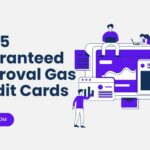






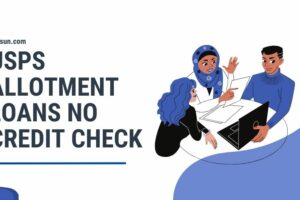
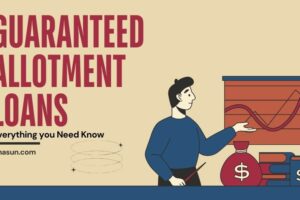






![Federal Employee Payroll Deduction Loan No Credit Check [Explained]](https://shasun.com/wp-content/uploads/2024/03/Federal-Employee-Payroll-Deduction-Loan-No-Credit-Check-Explained-74x55.jpg)
Add Comment